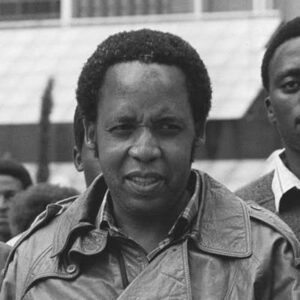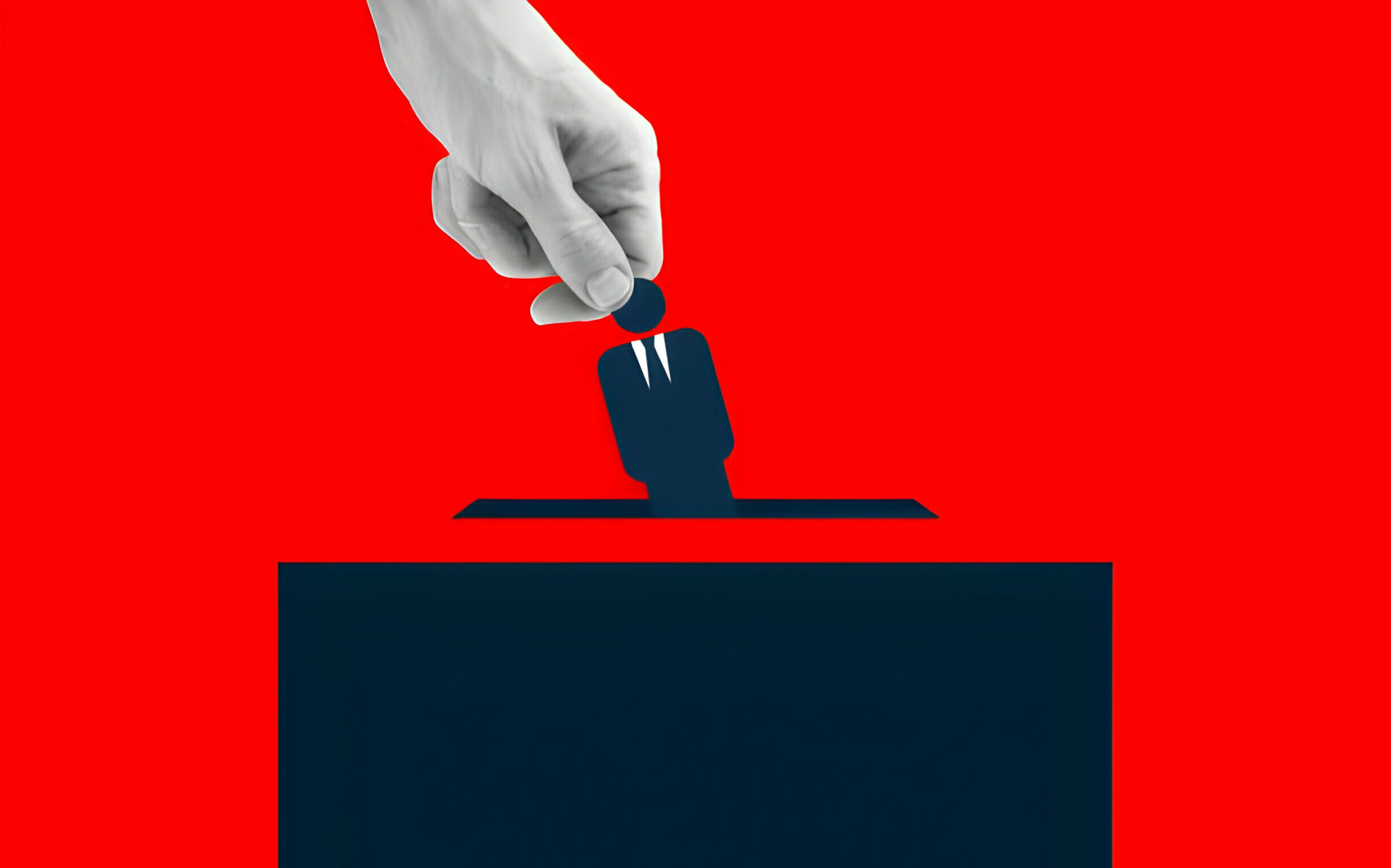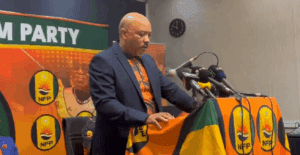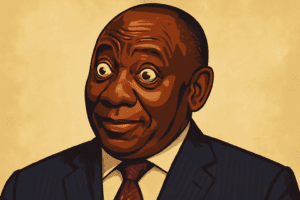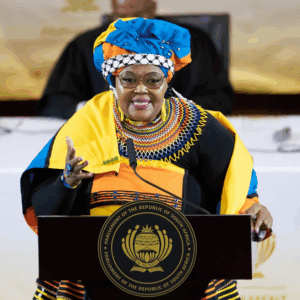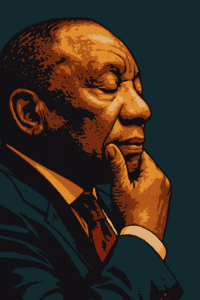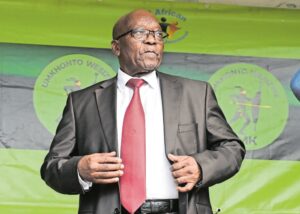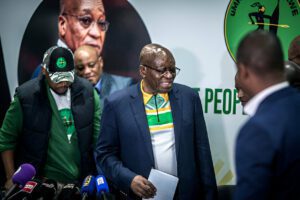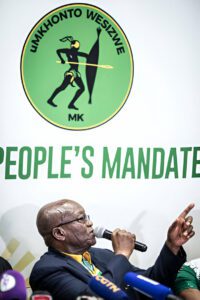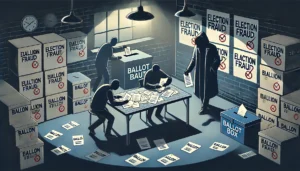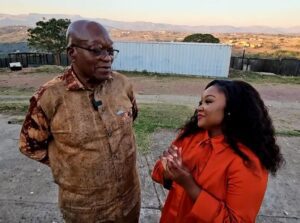In a surprising twist to South Africa’s political narrative, the uMkhonto weSizwe (MK) party, spearheaded by ex-President Jacob Zuma, appears poised to outshine the Economic Freedom Fighters (EFF) in the forthcoming elections. Recent polling by the Brenthurst Foundation in February has illuminated this potential shift, with projections suggesting the MK party might secure 13% of the national vote.
This development places the EFF in a slightly less favorable position, with their support predicted to stagnate at 10%. Meanwhile, the African National Congress (ANC), a longstanding beacon of political dominance, is anticipated to witness a dip in its national support, potentially falling to 39%.
The Democratic Alliance (DA), recovering from a slump in the 2019 national elections, is on the upswing with an expected increase in support to 27% by May. On the other hand, the Inkatha Freedom Party (IFP), after making significant gains in KwaZulu-Natal by winning the majority of municipalities in 2021, might experience a decrease in national support to 2%.
A deeper dive into Gauteng’s political climate reveals the Multiparty Charter leading with 38%, with the ANC’s support trailing at 34%. The DA is also a strong contender in this key province, predicted to garner 32% of the vote. The EFF and MK party are forecasted to receive 11% and 6% of the votes, respectively.
In KwaZulu-Natal, a province integral to South Africa’s political fabric, the MK party is making remarkable strides, polling at 25%, surpassing the ANC’s 20%. The IFP and DA are neck and neck, each poised at 19%, while the EFF trails at 14%.
Jacob Zuma unveiled his political outfit in December of the previous year, signaling a new chapter in the nation’s political discourse. The candidate roster for the MK party, bound for Parliament, sees Zuma at the helm, closely followed by the party’s founder, Jabulani Khumalo. Among others on this list are Zuma’s daughter, Duduzile Zuma-Sambudla, and former ANC MP Des van Rooyen.
This recalibration of political allegiances and potential shifts in voter support underscore a dynamic and ever-evolving South African political landscape, reflective of the nation’s diverse and vibrant democracy.
